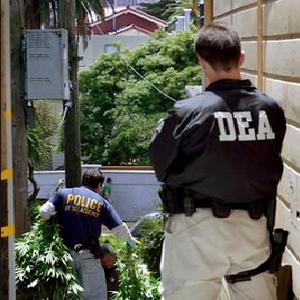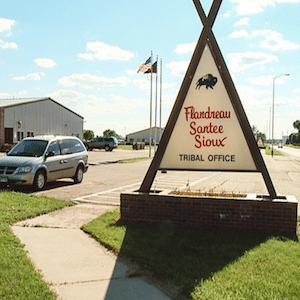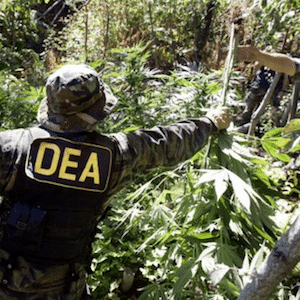A new report, published in January’s issue of the journal Science, has found that the war on drugs has drastically increased the rate of deforestation in many parts of Central America.
Titled Drug Policy as Conservation Policy: Narco-Deforestation, the report details how drug traffickers, avoiding crackdowns in places like Mexico, are increasingly shifting towards more remote, less strictly-policed areas. “Once you start fighting them, you scatter them into more remote locales and greater areas become impacted,” says head author of the study Dr. Kendra McSweeney.
Honduras, Guatemala and Nicaragua have all been recent targets, and as a result, have all seen a dramatic increase in deforestation rates. In Honduras, for example, the large-scale deforestation rate more than quadrupled between 2007 and 2011, as the country saw an increase in cocaine-related activity; now Nicaragua is rapidly becoming the new “hot spot” for trafficking activity, and increased deforestation.
“A baseline deforestation rate in this region was 20 sq km per year,” says McSweeney, speaking on the impact increased trafficking has had on Honduras. “Under the narco-effect, we see over 60 sq km per year. In some parts of Guatemala, the rates are even higher. We’re talking up to 10% deforestation rates, which is just staggering.”
These effects are due in part to traffickers creating new roads and airstrips for smuggling, and purchasing and leveling forest land for agricultural businesses used to launder drug money. The influx of cash and guns into these rural areas also emboldens local ranchers and loggers to expand their activities, unchecked by loose local governments, resulting in further decimation of forest lands.
Through intimidation, violence and bribery the criminal organizations have maintained stable operations, paying off local politicians and prosecutors, and threatening conservationist groups. “Indigenous and conservation leaders don’t breathe a word of this, out of fear,” said Dr McSweeney. “Honduras now has the world’s highest homicide rate. They’ve all been silenced.”
Researchers conclude that the findings of their report should be used by those lobbying for both environmental conservation and for drug law reform; “Conservation groups have big offices in Washington DC and have proven successful at lobbying,” said Dr McSweeney. “We would encourage them to use their clout to really explore alternatives to this appallingly inappropriate, militarized approach to the drug problem.”
Source: TheJointBlog.Com




























